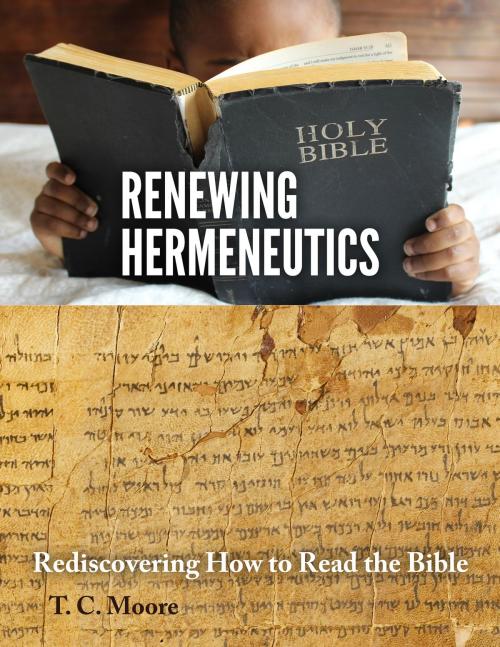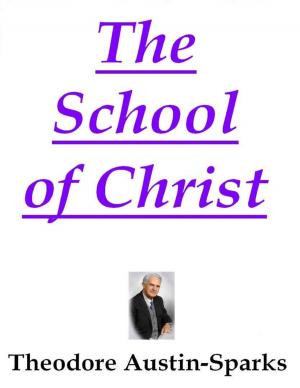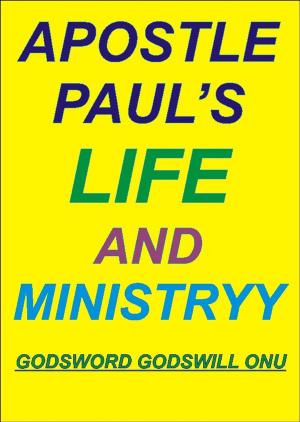Renewing Hermeneutics
Rediscovering How to Read the Bible
Nonfiction, Religion & Spirituality, Bible & Bible Studies, Hermeneutics, Criticism & Interpretation, Christianity, General Christianity| Author: | T. C. Moore | ISBN: | 9781635872446 |
| Publisher: | T. C. Moore | Publication: | January 14, 2017 |
| Imprint: | Language: | English |
| Author: | T. C. Moore |
| ISBN: | 9781635872446 |
| Publisher: | T. C. Moore |
| Publication: | January 14, 2017 |
| Imprint: | |
| Language: | English |
Everyone who reads the Bible, interprets the Bible. So, the question is only whether we will interpret the Bible well, or poorly. To interpret the Bible well, we don't all need to be seminary-trained biblical scholars. But, we do all need some help. Renewing Hermeneutics walks readers through three of the most important lessons a person needs to know to begin interpreting the Bible well. First, the Bible is alien to us. Modern readers must learn to appreciate just how foreign is the original, ancient Near Eastern context of the Bible. This also entails appreciating the difference between modern genres of literature and ancient ones. Second, we read the Bible through lenses. Our interpretation of the Bible is colored by our presuppositions and our social locations. Who we are has as much to do with how we will interpret the Bible as what the Bible says. That’s why we need to interpret the Bible in community with others who see things from different perspectives. Third, the Bible is a unified story that points to Jesus and love. Jesus is the plot twist that causes us to see the entire story in a new light. Jesus teaches us to interpret all of scripture in light of God’s self-revelation in him. This also entails interpreting the Bible ethically, through love. These three lessons are vital for renewing both our reading and interpretation of the Bible.
Everyone who reads the Bible, interprets the Bible. So, the question is only whether we will interpret the Bible well, or poorly. To interpret the Bible well, we don't all need to be seminary-trained biblical scholars. But, we do all need some help. Renewing Hermeneutics walks readers through three of the most important lessons a person needs to know to begin interpreting the Bible well. First, the Bible is alien to us. Modern readers must learn to appreciate just how foreign is the original, ancient Near Eastern context of the Bible. This also entails appreciating the difference between modern genres of literature and ancient ones. Second, we read the Bible through lenses. Our interpretation of the Bible is colored by our presuppositions and our social locations. Who we are has as much to do with how we will interpret the Bible as what the Bible says. That’s why we need to interpret the Bible in community with others who see things from different perspectives. Third, the Bible is a unified story that points to Jesus and love. Jesus is the plot twist that causes us to see the entire story in a new light. Jesus teaches us to interpret all of scripture in light of God’s self-revelation in him. This also entails interpreting the Bible ethically, through love. These three lessons are vital for renewing both our reading and interpretation of the Bible.















